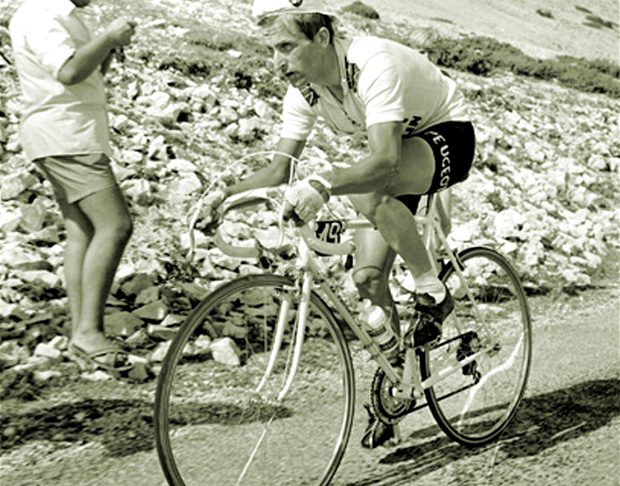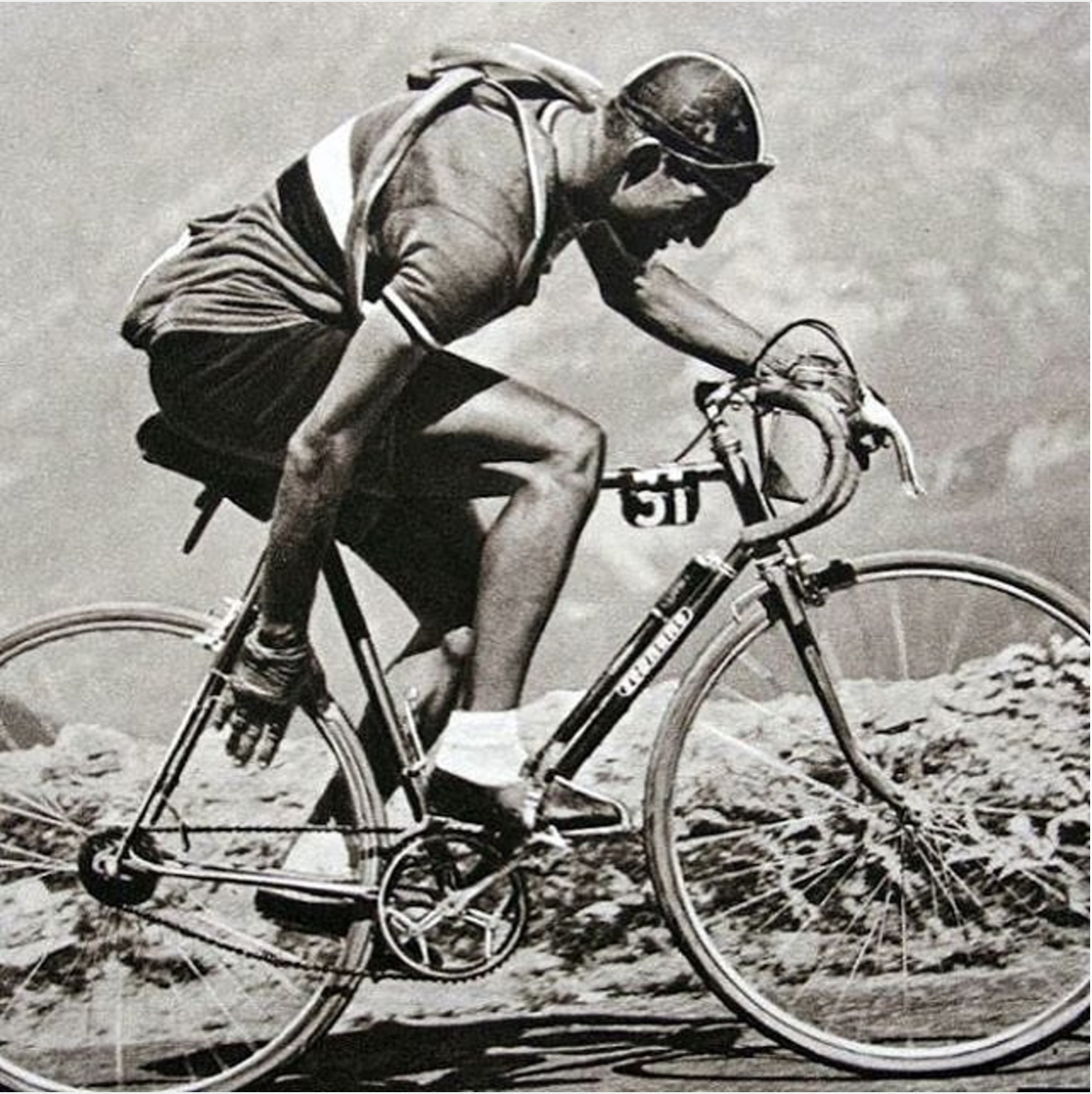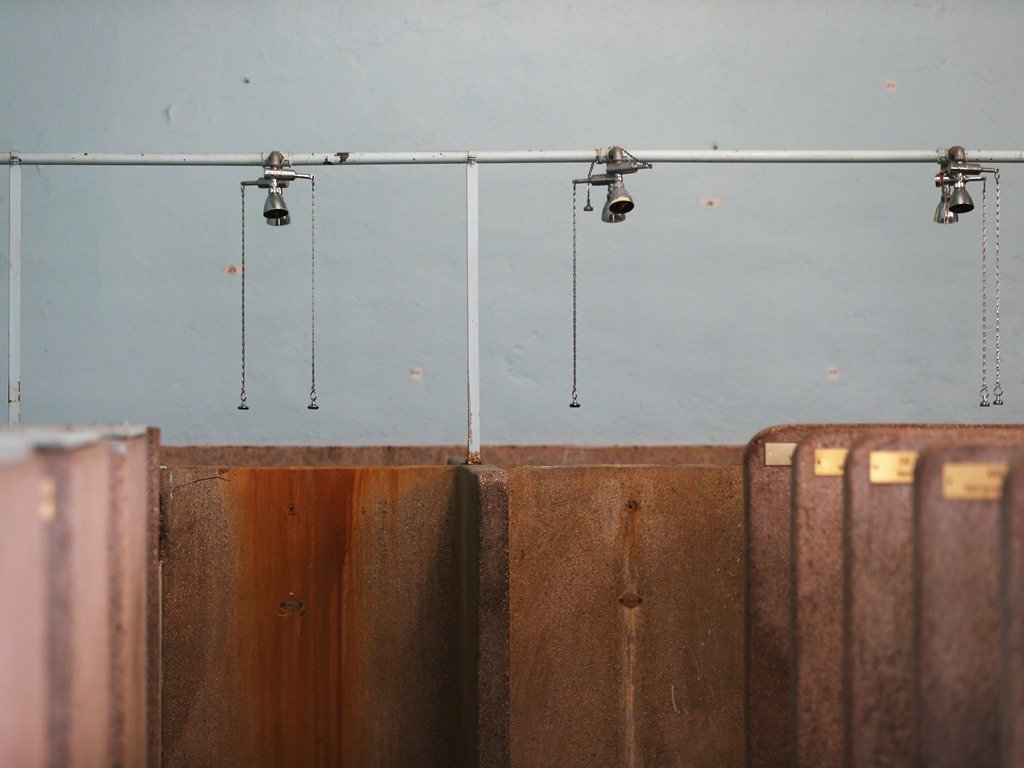Cycling: A Year in Review

“They” say hindsight is 20/20, but I tend to disagree. Hindsight is only as good as your vision is in the first place. In my case, I can see just well enough not to run into things without my glasses. Plus, “they” dangerously forget to point out that hindsight is only helpful if you are standing still; if you’re moving, you’re likely to bump into a tree or trip over a rock. In fact, I might argue that hindsight is more trouble than it’s worth. Onwards and upwards, I say, with a stubborn disregard for the past.
We won’t know until Time shuffles on a bit further exactly what impact the 2007 cycling season will have on cycling’s future, but I believe that after the dust settles, cycling will be recognized not only as one of the cleanest sports in the world, but as the sport that set the stage for how to battle drug use in professional sport. That’s not to say that we’re not up to the gills in drug use now, and that the governing bodies such as the UCI and WADA didn’t completely ball the whole thing up this year. I think the 2007 road cycling season will be seen as the year that the cycling community finally woke to the damage that drug use can cause in a sport.
I have written many times about how poorly the UCI, National Federations, and WADA have been conducting themselves in the fight against doping. The governing bodies as well as the teams have been complacent in allowing drug use throughout the peleton; by the worst measure, they have encouraged, demanded, and even organized it; by the best measure, they have turned a blind eye. Public opinion has slowly but steadily declined, and in response they have fought not to change their behavior, but to save their reputation and push the blame onto another source: the riders.
2006 will be remembered for the outbreak of Operation Puerto and the ejections of the major stars from the Tour de France. 2007 initially appeared to be cleaner. In years past, the top riders rode strongly at the front of races from start to finish. This year saw racing that seemed much more human, with top riders carefully burning their matches, making sure they had enough left for crucial moments. At the same time, more and more information came to light about how wide-spread drug use has been in cycling and – if you look for it – how unfairly the riders were treated by the UCI, National Cycling Federations, and their teams in order to save face in a culture steeped in drug use. I call that a “transition year”.
The season’s key developments, in no particular order:
- A bunch of guys won a bunch of great races.
- Floyd Landis was found guilty of doping during the 2006 Tour de France despite proving that the Châtenay-Malabry laboratory conducting the analysis of the samples deliberately broke protocol, destroyed data that produced negative results, and only kept data that produced positive results.
- Ivan Basso admitted to involvement in Operation Puerto.
- Bjarne Riis admitted to doping to win the 1997 Tour de France.
- Iban Mayo returned a positive dope control for testosterone during the Giro d’Italia. The positive result was overturned after Mayo pointed out that he has naturally high testosterone levels. (This medical condition has been filed with the UCI for several years.)
- Iban Mayo returned a positive A-Sample for EPO during the Tour de France. When the laboratory at Châtenay-Malabry (which tested the A-Sample) was not available to test the B-Sample, the UCI sent it to a lab in Belgium, which declared the B-Sample negative. The UCI then sent it to Australia to be tested there as well; that lab also found the B-Sample negative. Finally, the UCI sent the sample back to Châtenay-Malabry which found the B-Sample positive.
- After having fired Jan Ullrich in 2006 for alleged blood doping – and after participating in a subsequent fraud lawsuit against him – it has come to light that there was team-wide, organized blood-doping at T-Mobile before the 2006 Tour de France. As was the case with Pantani in 1999, it now appears that Ullrich was singled out in order to preserve the image of his team.
- The Yellow Jersey of the Tour de France was ejected from the race for having lied to the UCI about his whereabouts in the months before the Tour de France and missing anti-dope controls. The level of his team’s involvement is currently not known, but is being investigated.
- Alexandre Vinokourov suffers a catastrophic Tour de France, culminating in a positive test for a homologous blood transfusion. A few weeks later, his teammate Andrei Kashechkin returns a positive test for the same offense.
- Discovery Channel ends its sponsorship of Team Discovery Channel. Despite winning the Tour de France with Alberto Contador, the team failed to find a new sponsor and announced it would quit at the end of the 2007 season. The failure to find a sponsor is blamed on negative publicity due to doping in cycling.
- T-Mobile, one of the major sponsors over the last 12 years in cycling, abruptly ends it’s sponsorship due to the negative publicity of doping in cycling.
- Danilo Di Luca is suspended for 3 months for involvement with a sports doctor who allegedly is involved with the Oil for Drugs scandal in Italy; despite the fact that the doctor was certified by the Italian National Federation at the time Di Luca worked with him. There is also some question as to whether Di Luca saw him as a sports doctor or if he was his family doctor.
But there is a beacon of hope. Now that sponsors are leaving the sport, there is a chance that things will change and the UCI, teams, and riders will become serious about cleaning up. Team CSC has hired an anti-doping expert to manage a strict, internal anti-doping plan which involves over 500 additional blood and drug tests conducted by the team. After a successful 2007, other teams are adopting CSC’s plan.
Only time will tell if this is in fact the beginning of a new era, but I hope that what I smell in the air is change and not smoke.

